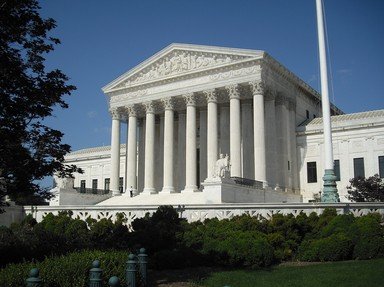Quiz Answer Key and Fun Facts
1. Sandra Day O'Connor, concurring: "But we do not count heads before enforcing the First Amendment"
2. Roger Taney, in the majority: "We think that they are not included, and were not intended to be included, under the word "citizens" in the Constitution."
3. Ruth Bader Ginsburg, dissenting: "In a decision of startling breadth, the Court holds that commercial enterprises, including corporations... can opt out of any law (saving only tax laws) they judge incompatible with their sincerely held religious beliefs."
4. Antonin Scalia, dissenting: "One would think that Freedom of Intimacy is abridged rather than expanded by marriage. Ask the nearest hippie."
5. Harry Blackmun, in the majority: "This right of privacy... is broad enough to encompass a woman's decision whether or not to terminate her pregnancy."
6. John Marshall Harlan, dissenting: "The judgment this day rendered will, in time, prove to be quite as pernicious as the decision made by this tribunal in the Dred Scott case."
7. John Roberts, in the majority: "Korematsu was gravely wrong the day it was decided, has been overruled in the court of history."
8. Abe Fortas, in the majority: "It can hardly be argued that either students or teachers shed their constitutional rights to freedom of speech or expression at the schoolhouse gate."
9. Sonia Sotomayor, dissenting: "It would not matter whether the State intended to use midazolam, or instead to have petitioners drawn and quartered, slowly tortured to death, or actually burned at the stake."
10. John Marshall, in the majority: "A law repugnant to the Constitution is void, and that courts, as well as other departments, are bound by that instrument."
Source: Author
Joepetz
This quiz was reviewed by FunTrivia editor
stedman before going online.
Any errors found in FunTrivia content are routinely corrected through our feedback system.
